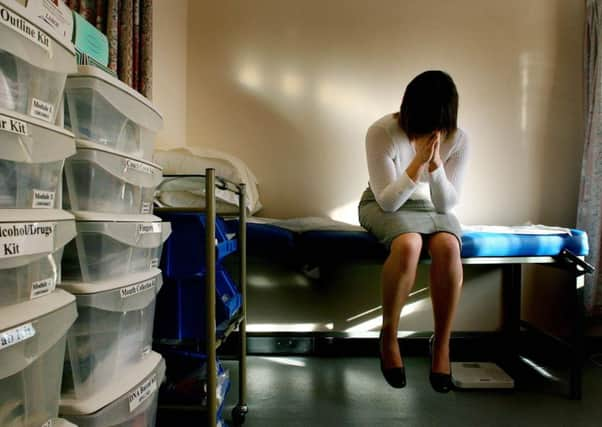Leader comment: Justice must not be '˜worse than rape'


That victims of rape and sexual assault are refusing to take part in the prosecution of attackers because the experience is so traumatising should shame the Scottish legal system.
In the chilling words of one victim, the experience was “worse than being raped”.
Advertisement
Hide AdAdvertisement
Hide AdThe findings of a new report by the Inspectorate of Prosecution in Scotland make bleak reading, but in truth similar conclusions could have been reached at any point over the past decades.
Giving evidence just a few feet from their attacker must be stressful enough and it is a situation made worse by repeated postponements and, in some cases, ridiculously long waits for a case to come to trial.
How many of us would be able to truthfully testify – to say all that was needed to be said and in the way it should be – when under interrogation by an highly intelligent advocate intent on trying to exploit the slightest moment of confusion.
If anyone thinks the conviction rate for rape and attempted rape of 48 per cent means the majority of offenders are being successfully prosecuted, they are deluding themselves. And if even more genuine victims are not seeking to prosecute their attackers because, as Rape Crisis Scotland says, “the cost of getting justice is too high”, this is quite clearly untenable.
Something must change.
For a start, judges should make absolutely sure that defence lawyers are not deliberately putting off cases in the hope the victim will give up, and they also need to ensure cross-examination is done in an appropriate manner, clamping down hard on any attempts to badger the victim or ask inappropriate questions. Victims should also receive greater support and advice during the process.
As the sexual harassment scandal in the world of politics, entertainment and beyond has shown, men’s attitudes towards women – particularly the propensity to exploit positions of power – must change rapidly.
We should all ask the question if the current court system – created at a time when men held near absolute power – is fit for purpose.
And why is it that sex crimes have become so prevalent in our society, making up an astonishing 75 per cent of the prosecution’s work in the High Court?
Could it be that offenders believe there is little chance they will be sent to prison?